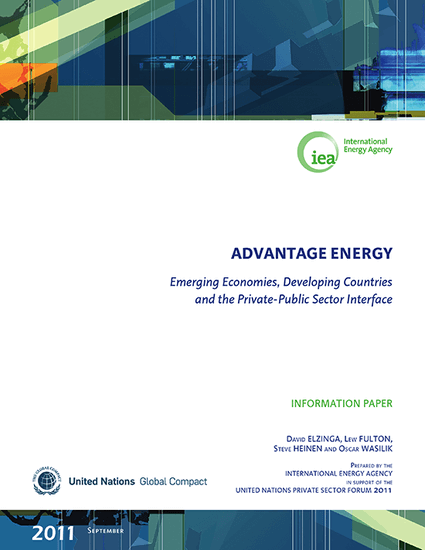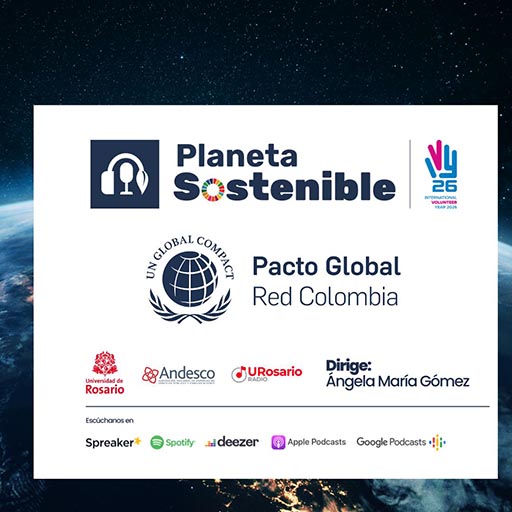Advantage Energy: Emerging Economies, Developing Countries and Private-Public Sector Interface

Introduction
The term energy system, as used in this paper, refers to the totality of components that contribute to delivering energy services to end‐users. To a large degree, the system comprises technologies that generate, distribute and convert energy. Yet the technological aspects of all energy systems – global, regional, national or local – reflect underlying factors such as the resources available, the stage of economic development, the political priorities of governing bodies and the opportunities for the private sector to realise a reasonable rate of return on their investment in providing energy services.
In general, an energy system can be organised in the following manner:
- Energy sources including fossil fuels, renewable energy and nuclear.
- Distribution and conversion including pipelines and shipping, electricity transmission and distribution networks.
- Energy uses such as transport, lighting, refrigeration, cooling, smelting and refining.
This paper chooses to examine the overall energy system using a typology that breaks it into three energy subsystems: heat, electricity and transport.4 Together, these three components accounted for 91% of global final energy consumption in 2008...
| Categorías: | Medio Ambiente |
| Autores: | UN Global Compact , International Energy Agency |
| ISBN-10(13): | N/A |
| Editorial: | UN Global Compact |
| Fecha de publicación: | 2011 |
| Edición: | 1 |
| Número de páginas: | 68 |
| Idioma: | Inglés |
| E-Book: | Clic aquí para descargar tu E-Book |






